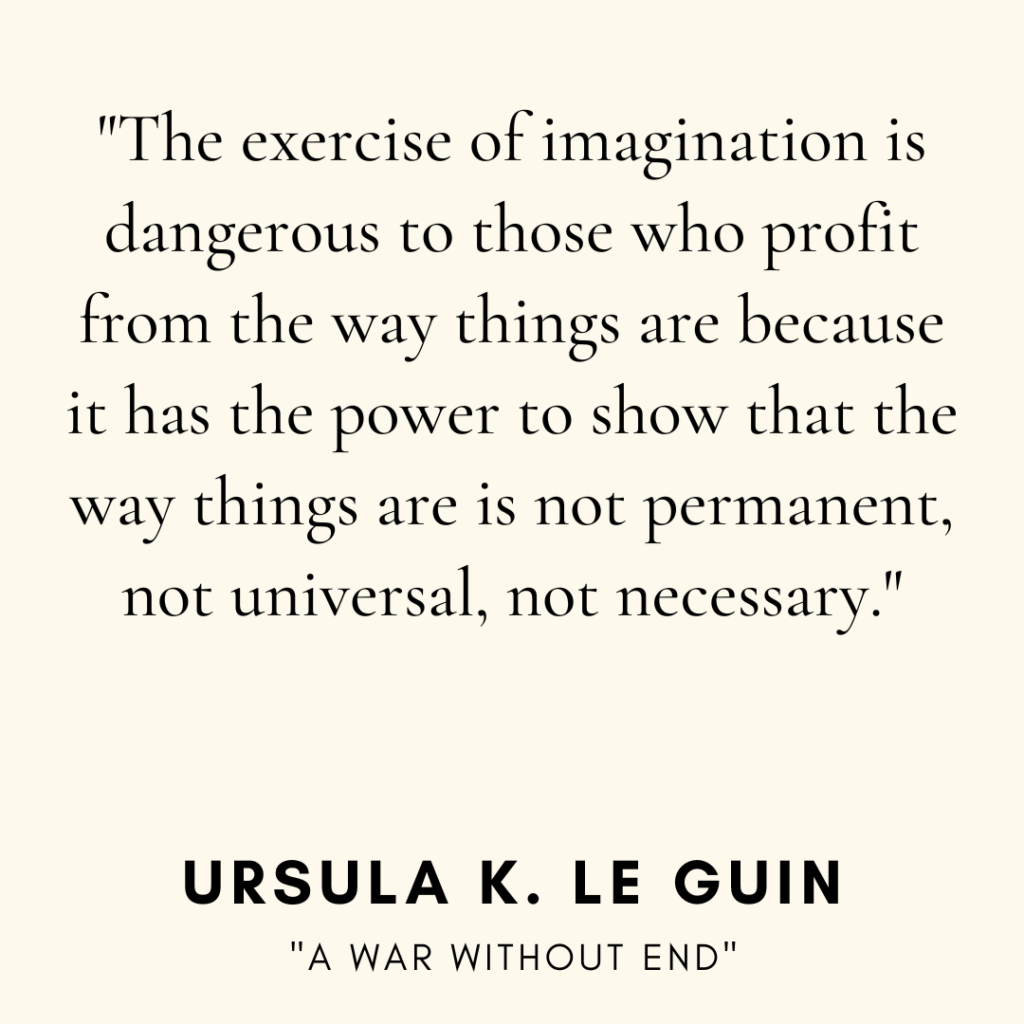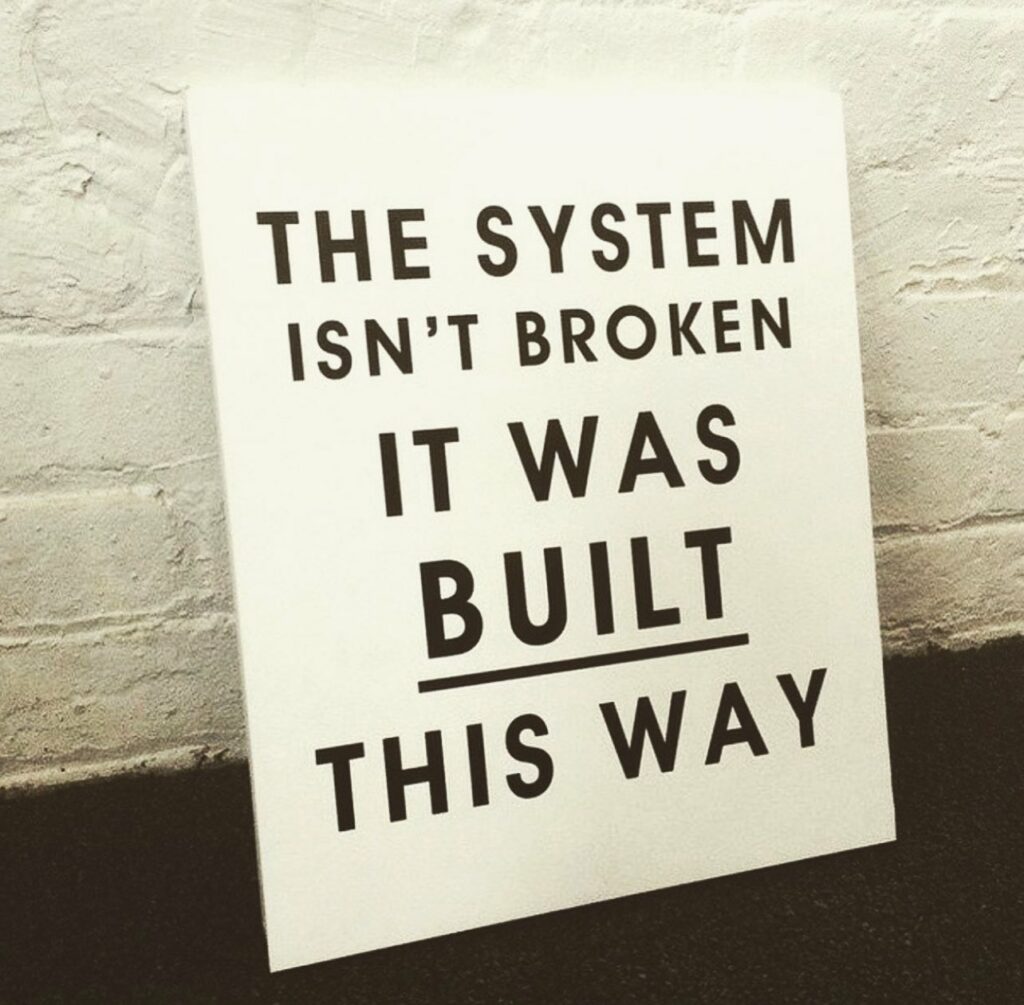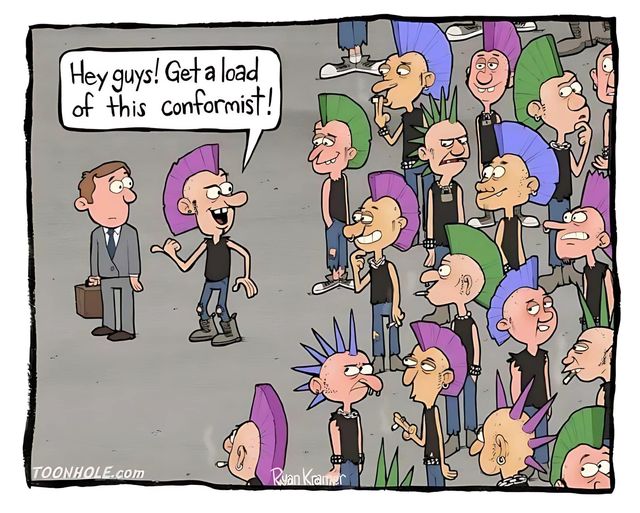Every so often I answer the out reach calls from more traditional alt/progressive media orgs, let’s look at some of the very illustrative “common sense” knock backs. The recent examples are Freedom’s reaction and Good Internet’s submission call – As their reaction is useful to illustrate the fault line of “radical publishing” in a federated media path.

Here’s a sketch of how it can (and arguably should) work if we’re serious about, #openweb, and soft-communing infrastructure:
- Radical publishing vs content marketing
Linking, promiscuous citation, and remixing are not “self-promotion,” they are the currency of commons media. The #deathcult “common sense” (silo good, linking bad) flips this into “spam” because it serves enclosure. A federated media path re-asserts: to link is to share; the work which is often missing is to normalize this against the #geekproblem hostility.
- Federated magazine model
Think of Good Internet or Freedom not as final silos but as temporary, themed hubs: Each issue/edition is an editorial filter over the wider #datasoup. Every piece lives in at least two places: Original home (blog, Fediverse post, OMN node, site). Curated home (magazine issue, zine, aggregator). Citation = federation: linking outward is a feature, not a weakness.
- Protocols over Silos
ActivityPub / OMN: an article = Note or Article with links, tags, signatures. Bridging: same content can be pulled into Good Internet’s site, Freedom, an OMN feed, or a #p2p archive. Editorial collectives act as curators, not gatekeepers: they federate, contextualize, and remix.
- Radical editorial practice
News vs. Narrative: anarchist/left publishers still to often mimic #mainstreaming news style. But radical publishing can foreground process stories (assemblies, conflicts, federations, mistakes) as valuable. The “native common sense” is that embedded links aren’t a vice; they’re a form of solidarity economy. Columns / paths: rather than stand-alone “takes,” recurring voices build a long-form conversation thread across issues.
- Overcoming the spam accusation
Transparency: declare openly, “this piece first appeared on hamishcampbell.com – we federate because knowledge is commons.” Reciprocity: every time you link out, you also lift other projects, so the “flow” is visible. Editorial notes: curators can preface with: “We include links because they build the #openweb – federation isn’t promotion, it’s solidarity.”
- Practical workflow (2026-ish)
Write a blog/site piece on your own, or community domain (independent anchor). Publish simultaneously to Fediverse (AP Article). Flag it with #OMN metadata (topic, source, tags). Editorial collectives subscribe to flows/feeds – curate into magazine/zine/weekly digest. Federation tools track lineage: where did this piece appear, when, how remixed. Readers move from curated hubs back to source domains (and sideways to other linked nodes).
- Why it matters to anarchists
Free software is political; so is free publishing. Federation prevents capture by the #nastyfew – no central owner can throttle which radical voices appear. Linking promiscuously creates a mutual aid economy of attention, the opposite of platform/silo enclosure. Each zine/collective/magazine is an affinity group node; federation = council of nodes. It encodes horizontalism in media.
So when you bump against “not news enough” or “too self-promotional,” that’s the clash between #mainstreaming editorial common sense and federated radical publishing practice. One assumes scarcity (guard the pages); the other assumes abundance (share the flow).
We do need to compost some of this mess #KISS
Let’s build the shovels: #OMN #indymediaback #makeingstory #OGB

In the reboot of native #openweb media, one guiding principle must be clear: #mainstreaming stays second-rank media. That means:
If you can’t link to a working, open URL, you don’t link.
Any mainstream links are placed at the end of the article, not woven in as authority.
This path is #nothingnew, it’s how we held space before. You can see it in practice back in 2006 with Indymedia’s coverage of the Climate Camp: https://www.indymedia.org.uk/en/actions/2006/climatecamp/







